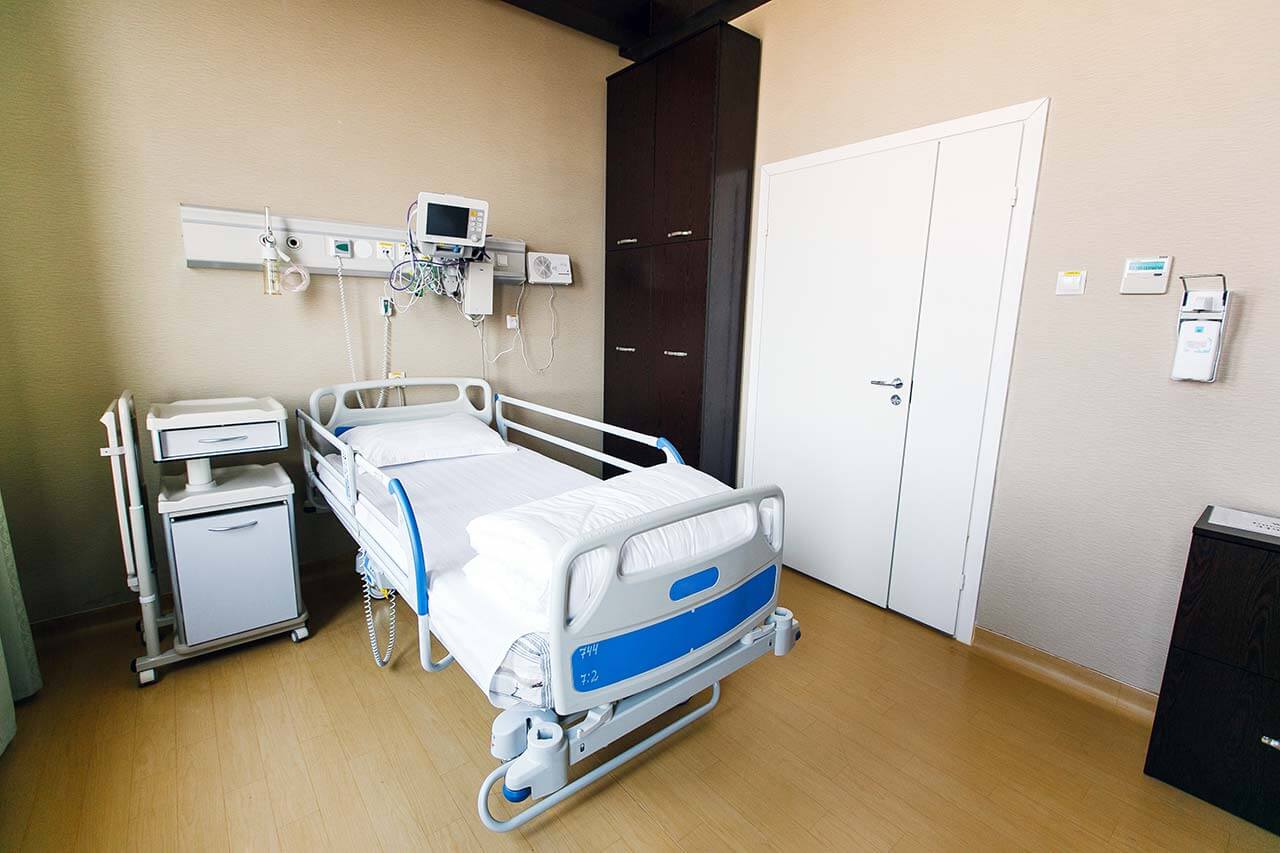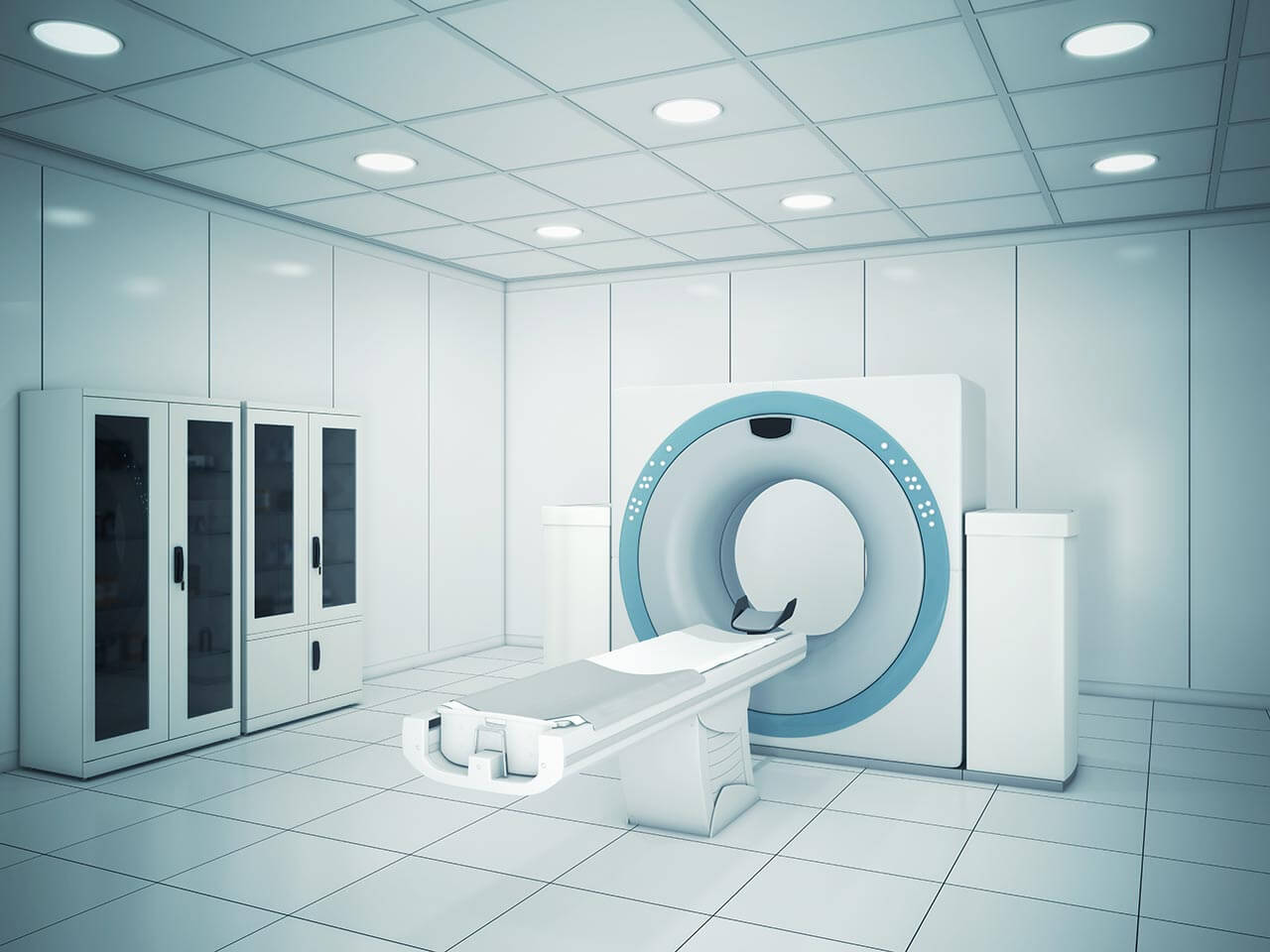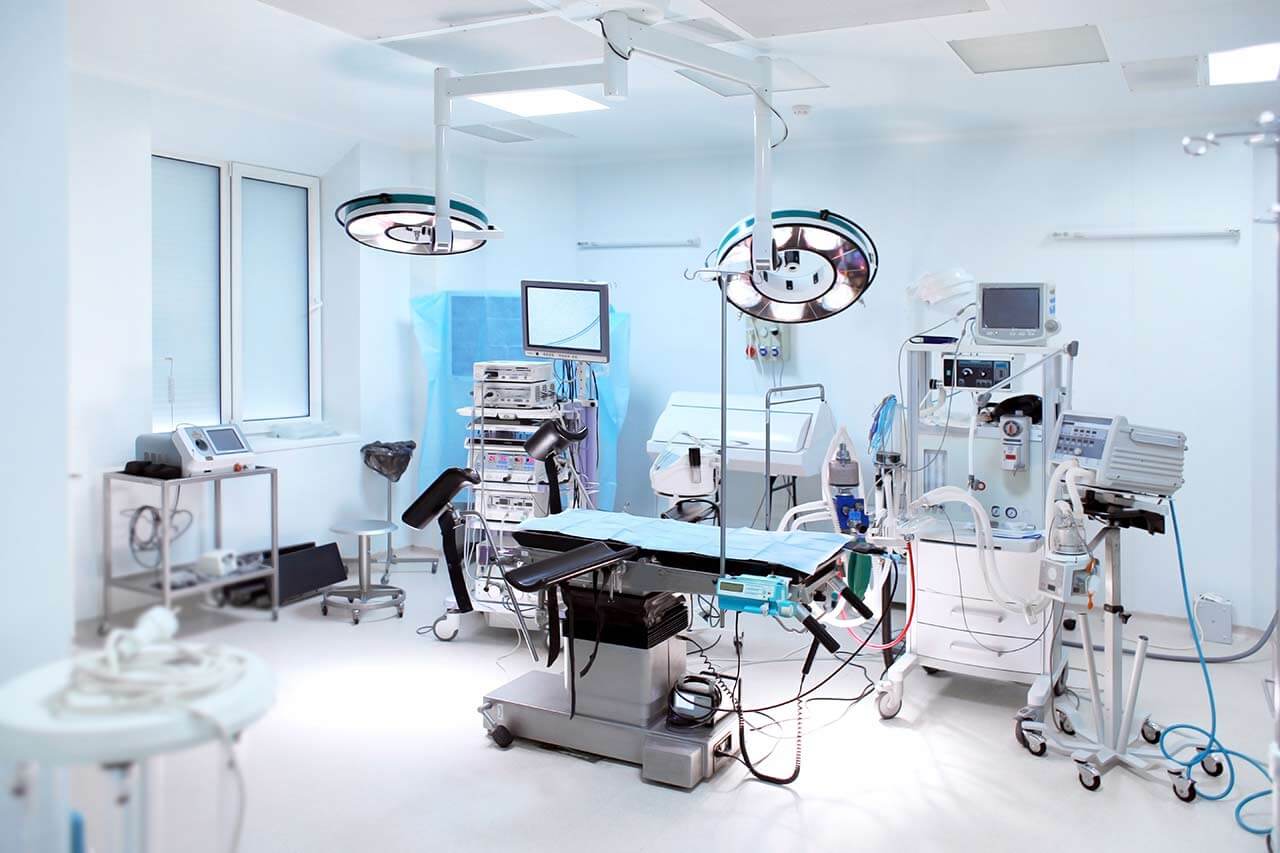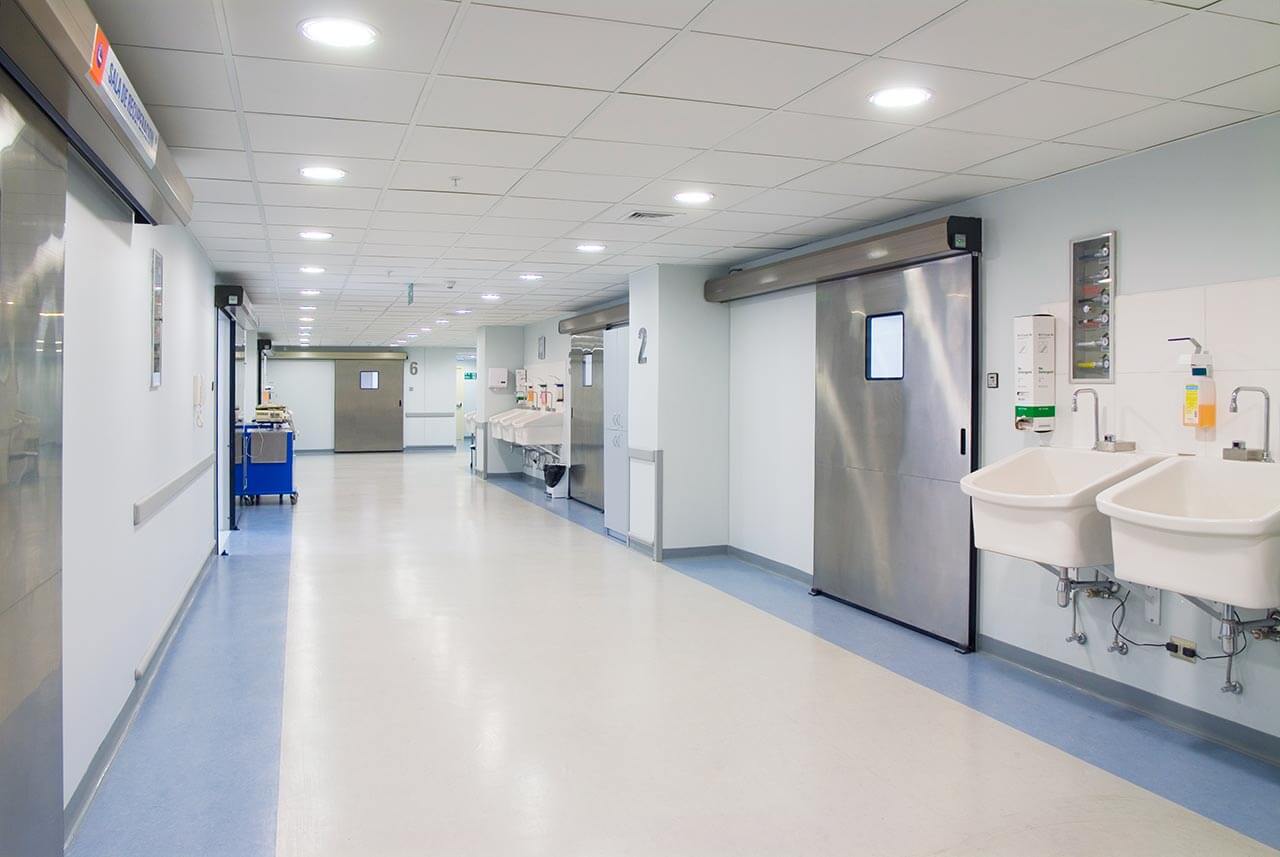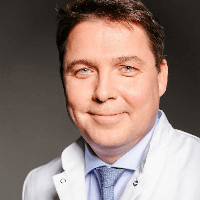
The program includes:
- Initial presentation in the clinic
- clinical history taking
- review of medical records
- physical examination
- laboratory tests:
- complete blood count
- biochemical analysis of blood
- Lipid metabolism (HDL/LDL, cholesterol,
triglycerides Lip(a), homocysteine) - blood coagulation analysis (aPTT, PT, INR)
- inflammation indicators (CRP, ESR)
- metabolic status (uric acid, total glucose, HbA1c)
- cardiovascular disease risk markers
- kidney function test (creatinine, urea)
- color doppler echocardiography
- color doppler sonography of cerebral and peripheral vessels
- duplex of thoracic aortic
- CT/ MRI-angiography of thoracic aortic
- preoperative care
- implantation of endovascular aortic prosthesis,
including the cost of the implant - symptomatic treatment
- control examinations
- the cost of essential medicines and materials
- nursing services
- full hospital accommodation
- developing of further guidance
Required documents
- Medical records
- X-ray examination (if available)
- MR/CT-angiography (if available)
Service
You may also book:
 BookingHealth Price from:
BookingHealth Price from:
About the department
The Department of Interventional Radiology and Neuroradiology at the Alfried Krupp Hospital in Essen-Ruettenscheid offers the very latest technical resources for imaging diagnostics of the whole human body and effective image-guided interventional therapies. The department's medical team effectively cooperates with doctors of all medical fields of the hospital, since such important diagnostic tests as classical x-ray, mammography, computed tomography, magnetic resonance imaging, angiography, myelography, ultrasound- and CT-guided biopsy and others are performed here. The department's medical team is proud of its rich and successful experience in interventional treatment of arteriovenous malformations, cerebral aneurysms, vascular stenosis, chronic back pain, pulmonary vascular diseases, congenital vascular malformations (for example, Osler's disease). The department's doctors are among the best in the field of their expertise throughout Germany, so patients receive top-class medical care corresponding to European standards. The department is headed by Prof. Dr. med. René Chapot.
In the field of interventional radiology, the focus is on bronchial artery embolization, embolization of large branches of the aorta and pelvic arteries, endovascular procedures for atrioventricular malformations, and interventional procedures for endoleaks after aortic stent implantation. The specialists in the field of interventional radiology also perform hepatic artery chemoembolization – an innovative therapeutic method for the treatment of primary and metastatic liver cancer, as well as some malignant tumors of other localization. The therapeutic effect is achieved through the introduction of embolizing substances and chemotherapy drugs through a catheter directly into the artery that supplies the tumor. Thus, doctors can inject a large dose of chemotherapy drug into the tumor focus, which is impossible with classical systemic chemotherapy, while the embolizing agent blocks the blood supply to the tumor. The technique is applied locally and excludes harmful effects of chemotherapy drugs on healthy tissue. Chemoembolization is performed through a small puncture of the radial or femoral artery. The procedure is often prescribed to patients with absolute contraindications to surgical treatment and takes about 1,5-2 hours. Hepatic artery chemoembolization demonstrates high efficiency, practically does not cause complications and is well tolerated by patients.
The department's interventional neuroradiologists perform image-guided therapeutic interventions on the vessels of the brain and spinal cord. The therapeutic offer includes endovascular treatment of arteriovenous malformations of the brain and spinal cord, cerebral aneurysms, endovascular procedures for the correction of congenital vascular malformations and other procedures. Doctors in this medical field help patients to get rid of chronic back pain once and for all if painkillers do not give the desired result. The medical facility also performs vertebroplasty for the treatment of osteoporotic and compression vertebral fractures with the introduction of special bone cement. Vertebroplasty is a modern alternative to surgery.
The department's range of medical services includes:
- Interventional radiology
- Bronchial artery embolization
- Embolization of large branches of the aorta and pelvic arteries
- Endovascular procedures for atrioventricular malformations
- Interventional procedures for endoleaks after aortic stent implantation
- Endovascular treatment for traumatic vascular injuries
- Endovascular treatment for other vascular lesions
- Interventional neuroradiology
- Endovascular treatment of vascular malformations of the brain and spinal cord
- Endovascular treatment of cerebral aneurysms
- Endovascular treatment of stenosis of blood vessels supplying the brain (stenting and angioplasty)
- Endovascular treatment of vascular malformations of the brain and spinal cord
- Thrombectomy for stroke therapy
- Vertebroplasty for the treatment of osteoporotic and compression vertebral fractures
- Image-guided interventional procedures for chronic back pain (for example, periradicular therapy)
- Other therapeutic services
Curriculum vitae
Higher Education and Professional Career
- Since 2015 Chief Physician of the Department of Interventional Radiology and Neuroradiology at the Alfried Krupp Hospital in Essen-Ruettenscheid.
- 2014 Invited Professor, Lausanne University Hospital, Switzerland.
- 2007 - 2014 Head of the Department of Interventional Radiology and Neuroradiology at the Alfried Krupp Hospital in Essen-Ruettenscheid.
- 2003 - 2006 Professor for Neuroradiology and Head of the Department of Neuroradiology, University of Limoges, France.
- 1995 - 2003 Clinical training and board certification in Neuroradiology, Lariboisière Hospital, Paris, France.
- 1991 - 1994 Board certification in Radiology, Paris, France.
- 1985 - 1991 Study of Human Medicine at the Faculty of Medicine, University of Paris.
Clinical Interests
- Thrombolysis for stroke treatment.
- Angioplasty.
- Vascular stenting for stenoses and occlusions.
- Endovascular treatment of aneurysms.
Photo of the doctor: (c) Alfried Krupp Krankenhaus
About hospital
The Alfried Krupp Hospital in Essen-Ruettenscheid began its work back in 1870, and large-scale restoration took place here in 1980. The medical facility is an academic hospital of the University of Duisburg-Essen, thanks to which it has access to innovations in the medical field, and also makes its own contribution to the development of modern therapeutic techniques. The hospital has 13 departments and various highly specialized centers, including the Breast Center, Endoprosthetics Center, Lung Cancer Center, Trauma Center and others. The hospital has 575 beds for patient hospitalization. The hospital also offers outpatient medical care. Every year, the hospital's team of doctors admits over 80,000 patients for diagnostics and treatment. For many years, the medical facility has held a leading position in the German medical arena, and is also widely known for its high quality standards in many other countries of the world. The hospital can be proud of its successful experience in providing medical care to foreign patients.
The priority fields of the hospital's work include the treatment of oncological, hematological, gastroenterological, gynecological, urological, neurological, orthopedic and other diseases. The high quality standards of medical care are facilitated by the constant updating of medical equipment and advanced training courses for medical personnel. The hospital widely applies modern methods of conservative treatment, progressive laparoscopic surgical techniques, as well as innovative robotic surgery using the da Vinci Xi system.
The medical facility has been awarded numerous quality certificates confirming the outstanding clinical work of its specialists. These include, in particular, a certificate of the German Society for General and Visceral Surgery (DGAV) in the field of bariatric surgery, colorectal surgery, pancreatic surgery and minimally invasive surgery, an endoCert certificate in the field of joint replacement surgery, a certificate of the German Cardiac Society (DGK) in the field of emergency cardiac care, a certificate of the German Cancer Society (DKG) in the treatment of prostate and lung cancer, a certificate of the German Stroke Society, a certificate of the German Society of Phlebology and others.
Special attention should be paid to the exceptional professionalism of the doctors working at the hospital, who apply all their rich experience and deep knowledge to restore the health of patients. The specialists use an individual approach in their work and carefully think over each treatment regimen so that the patient gets the maximum result, but at the same time the course of therapy is as sparing as possible. The hospital's team of doctors keeps pace with the very latest medical advances and actively implements them into clinical practice for the benefit of patients.
Photo: (с) depositphotos
Accommodation in hospital
Patients rooms
The patients of the Alfried Krupp Hospital in Essen-Ruettenscheid live in comfortable single and double rooms with light colors. For maximum convenience, each patient room has an ensuite bathroom with shower and toilet. The patient room includes a comfortable automatically adjustable bed with an orthopedic mattress, a bedside table, a wardrobe, a table and chairs, as well as a TV and a telephone. Wi-Fi is available upon request.
The hospital also offers enhanced-comfort rooms corresponding to the level of an upscale hotel room. Such patient rooms additionally include upholstered furniture, a safe, a minifridge, and an air conditioner. Daily fresh newspapers, seasonal fruits, coffee and tea are offered to the patient in the room (upon request).
Meals and Menus
The patients of the hospital are offered delicious meals three times a day. Breakfast and dinner are served buffet style with a wide selection of cheese, cold meats, vegetables, fruits, pastries, etc. For lunch, there is a choice of several set menus. The patients living in an enhanced-comfort room benefit from a separate menu for breakfast, lunch and dinner with a large assortment of delicious dishes.
Further details
Standard rooms include:
Religion
The services of representatives of religions are available upon request.
Accompanying person
During an inpatient program, an accompanying person can stay with you in the patient room or in a hotel of your choice.
Hotel
During an outpatient program, you can stay in a hotel of your choice. The managers will help you choose the most suitable options.
